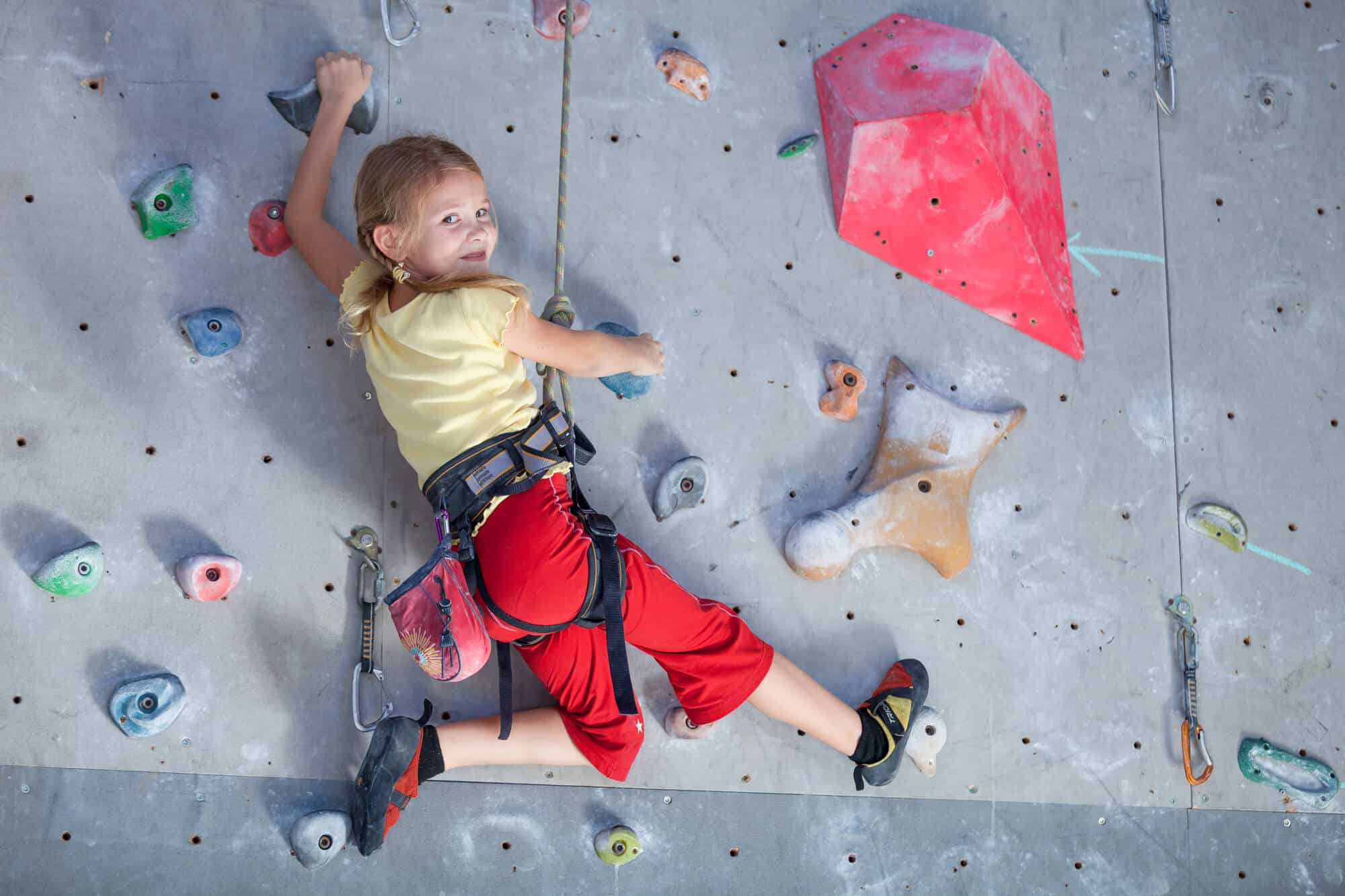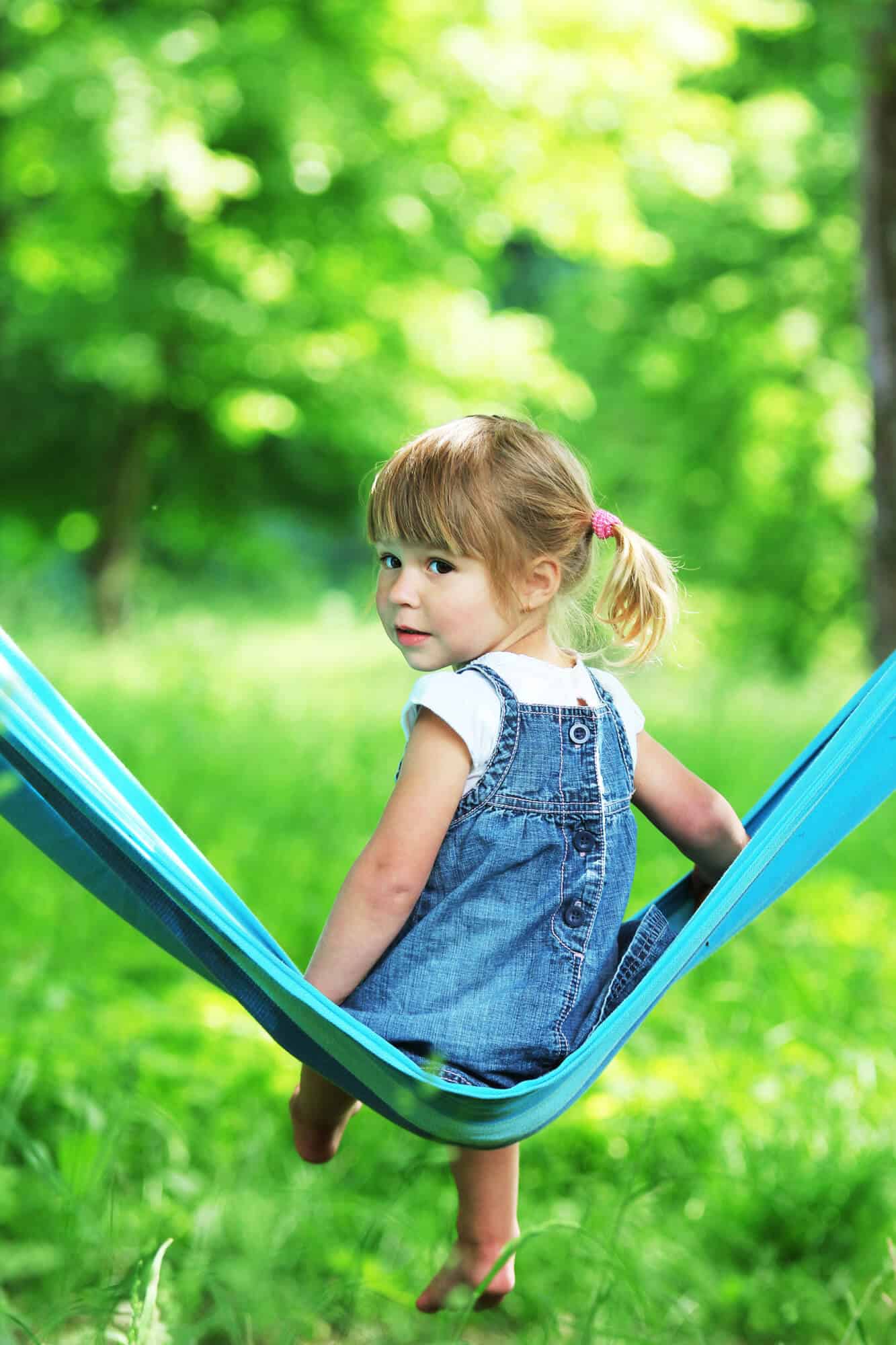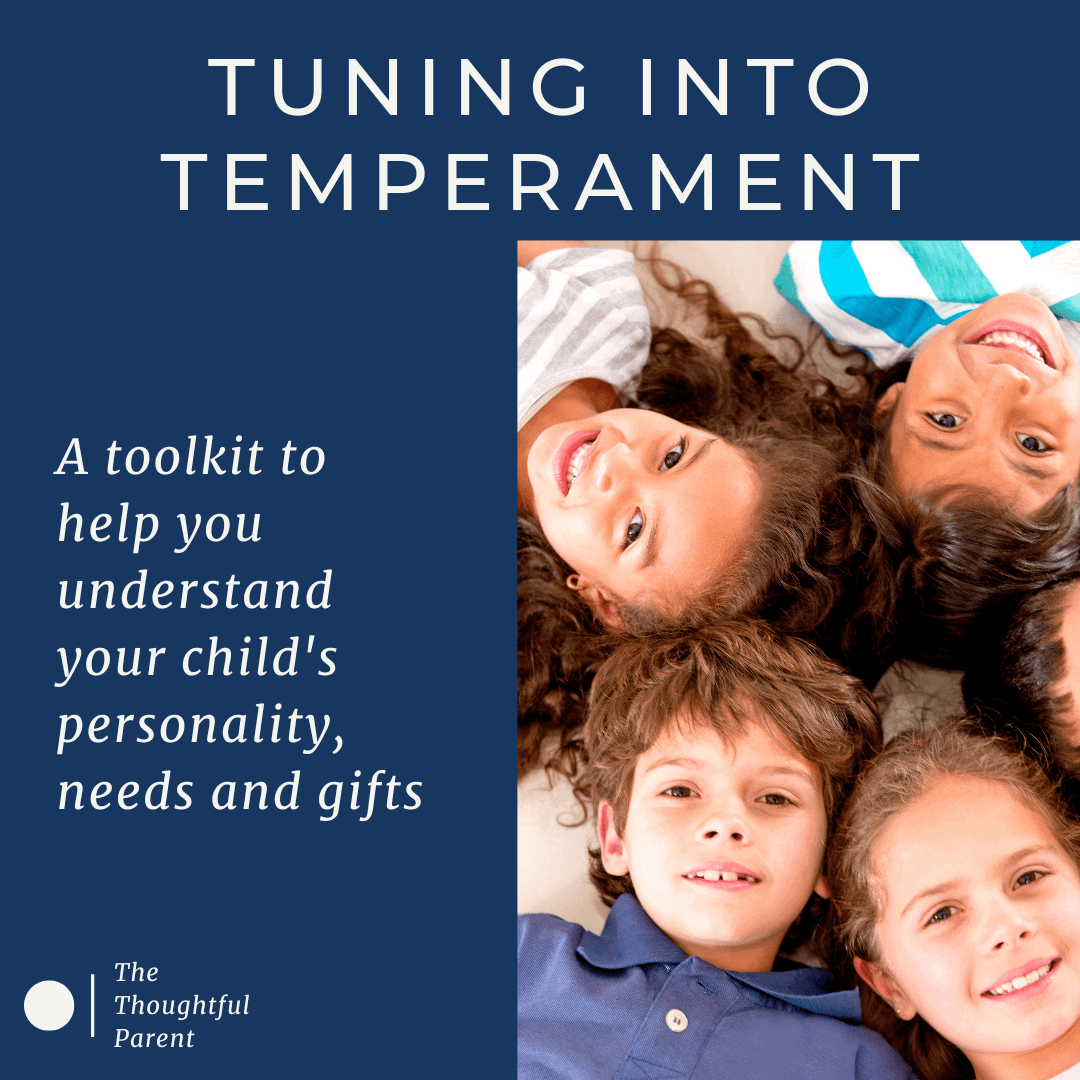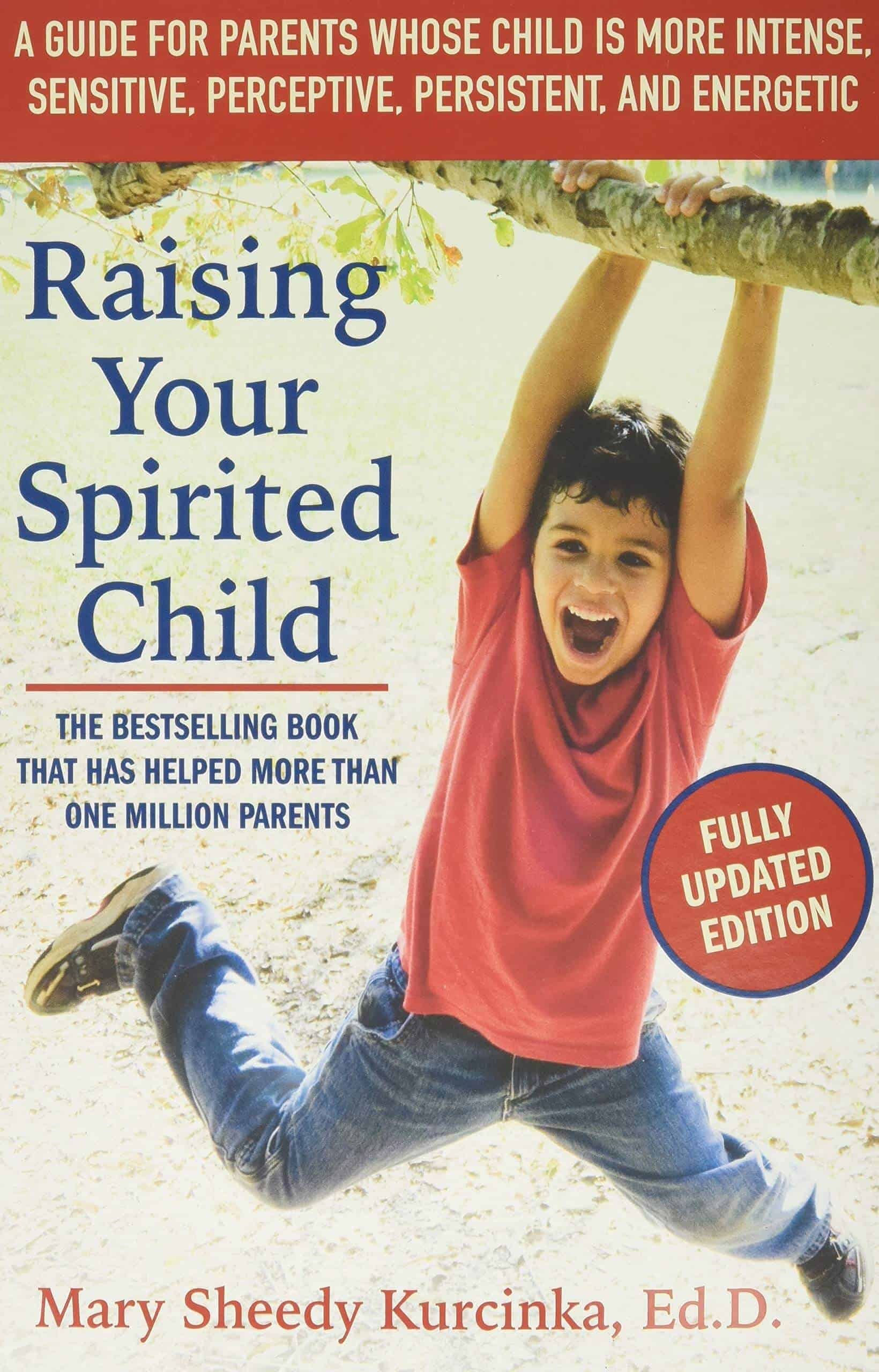[ad_1]
Sneak peek: A primary overview of the varieties of baby temperament in baby improvement and the position they play in parent-child relationships.
The concept of ‘temperament’ is heard rather a lot in any circle of oldsters, caregivers, or academics discussing kids. Though the phrase ‘temperament’ will not be used, you hear mother and father and academics focus on a toddler who, “wants a while to heat up” or is who’s “filled with vitality.” Most mother and father most likely have sense of their baby’s temperament however could not perceive its implications for parenting. Understanding the varieties of baby temperament and the way they affect parenting generally is a game-changer to your relationship along with your baby.
What Does Temperament Imply?
However what does temperament actually imply and the place does it come from? Maybe most significantly, how does temperament affect how mother and father and youngsters work together?

Though most individuals have a normal sense of what temperament is, the analysis on varieties of baby temperament is extensive and diverse. Some researchers have totally different definitions of temperament and what facets of habits ought to or shouldn’t be included on this assemble. Listed below are a number of the foremost concepts relating to varieties of temperament which have developed over the previous 40 years or so.
Within the Sixties and 70s researchers, Alexander Thomas and Stella Chess carried out a basic examine through which they outlined 9 dimensions of temperament. Thomas and Chess’s basic temperamental classes included:
- exercise degree—vitality degree of the kid
- approach-withdrawl—how baby preliminary responds to a brand new setting
- temper—baby’s normal tendency to be completely happy or sad
- rhythmicity—how common are the kid’s bodily/organic patterns (e.g., consuming, sleeping)
- persistence—baby’s potential to stick with a tough activity
- consideration span—baby’s potential to concentrate on one activity for a size of time
- adaptability—baby’s potential to regulate to adjustments in routine
- threshold—baby’s potential to deal with exterior stimuli (e.g., loud noises)
- depth—baby’s tendency to emotionally react strongly or much less strongly to occasions
- distractibility—the diploma to which a toddler is definitely distracted from a activity or exercise
Varieties of Temperament in Youngster Improvement
Based mostly on these dimensions, Thomas and Chess’s basic temperamental classes developed. They characterised kids into one in every of three classes of temperament: “tough,” “simple,” and “sluggish to heat up.”
Of their examine, 65% of kids could possibly be labeled into one in every of these classes, so one other class of “unable to categorise” was created for the remaining 35%. Thomas and Chess discovered that of their preliminary examine:
40% of the youngsters fell into the “simple” class,
10% into the “tough” class and
15% into the “sluggish to heat up” class.
Later, these researchers said that these classifications ought to be thought-about much less as discrete classes however extra as a continuum alongside which kids fell. So a toddler is usually not clearly “tough” or clearly “simple” however someplace alongside the continuum from “tough” to “simple.”

Different, newer researchers have outlined temperament considerably in another way. They focus extra on two main dimensions: 1) emotional or attentional reactivity and 2) self-regulation. So what do these imply?
Reactivity focuses on the kid’s responses to stimuli. These stimuli may both be exterior (e.g., a loud noise) or inner (e.g., feeling offended).
Self-regulation refers back to the baby’s potential to handle his/her reactivity in varied conditions. Do these sound acquainted? As you’ll be able to see, the variations between these dimensions and people utilized by Thomas and Chess are very delicate and there appears to be lots of overlap.
One other word to contemplate relating to these temperamental classes is the inherent judgment that comes together with labels comparable to “simple” or “tough.” It’s useful to keep in mind that Thomas and Chess had been conducting this analysis at a time when a toddler’s habits was seen far more from the guardian’s perspective fairly than the kid’s expertise. These labels mirrored the concept that kids with an “simple” temperament had been maybe much less demanding of oldsters’ time and vitality than these with a “tough” temperament. It’s good to understand that a toddler with a “tough” temperament shouldn’t be deliberately attempting to be extra demanding. They are usually extra delicate to their environment and thus usually require extra help and intervention on the a part of mother and father to assist them regulate their feelings.
What Components Affect a Youngster’s Temperament?
So this offers us a normal understanding of what researchers imply once they use the time period “temperament.” However the place does temperament come from? Is it genetic or one thing discovered as we expertise life?
In fact, in science, there are not often simple black-and-white solutions to questions like this. Scientists are simply starting to discover the potential organic elements of temperament by utilizing new mind imaging expertise. Though most researchers agree that there’s a minimum of some genetic or organic foundation for temperament, the position of the surroundings and life expertise can be necessary. In actuality, the expression of temperament is most certainly a mix of each organic and environmental options, or what researchers name “gene-environment” interactions. See a bit extra concerning the significance of temperament in kids’s improvement with this video:
Be taught extra about your baby’s temperament. Try my NEW temperament toolkit for folks and educators:

Tuning into Temperament: A Toolkit for Dad and mom and Educators
This is smart when you consider it. In the event you are inclined to have a extra inhibited temperament, this can affect the varieties of conditions you expose your self to as a result of you’ll not really feel snug in each state of affairs. This expertise with the surroundings will then additional form your habits and character. This distinct interplay between genes and the surroundings might be what finally makes every of us distinctive people.
Interested in your baby’s temperament? Take the temperament quiz and be taught extra!
Chime in!
What are some of your baby’s distinctive temperamental traits? Reply within the feedback and let’s chat.
Need to be taught parenting methods particular to your baby’s temperament? Join this free cheat sheet and find out how totally different parenting methods work for various children:
Associated Assets:
Elevating Your Spirited Youngster
[ad_2]
Supply hyperlink

